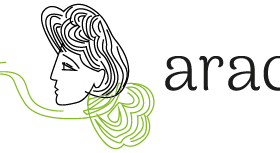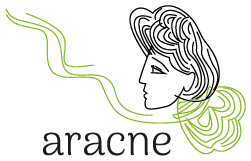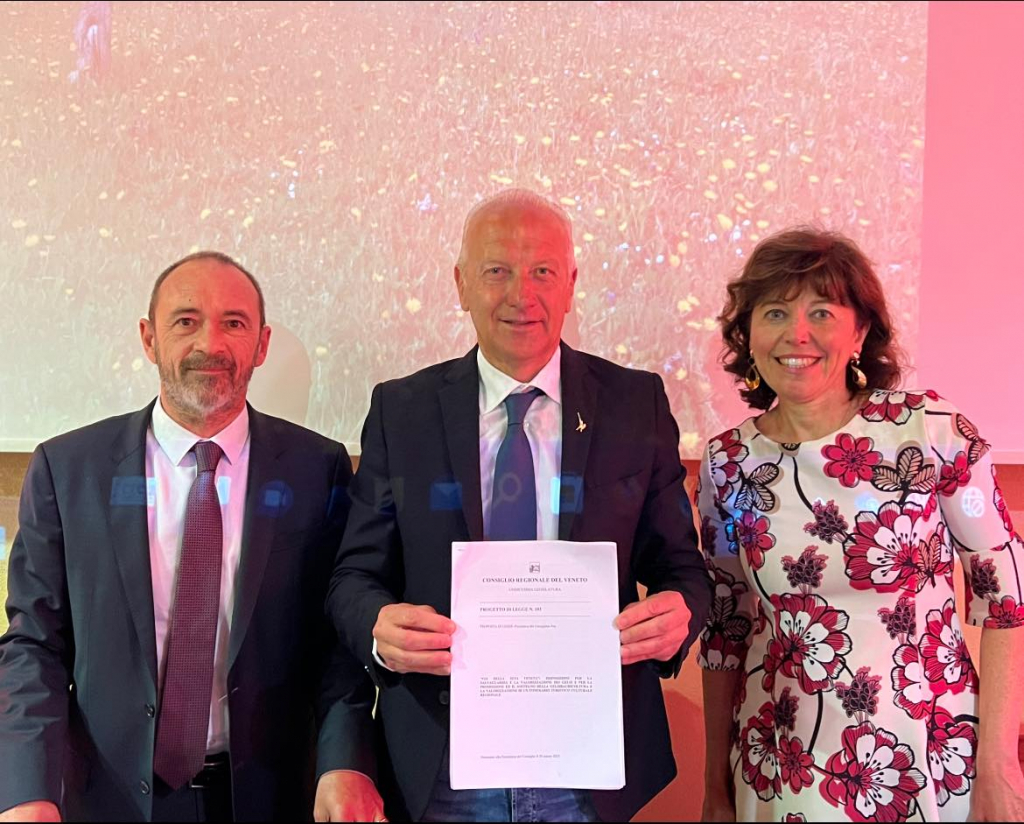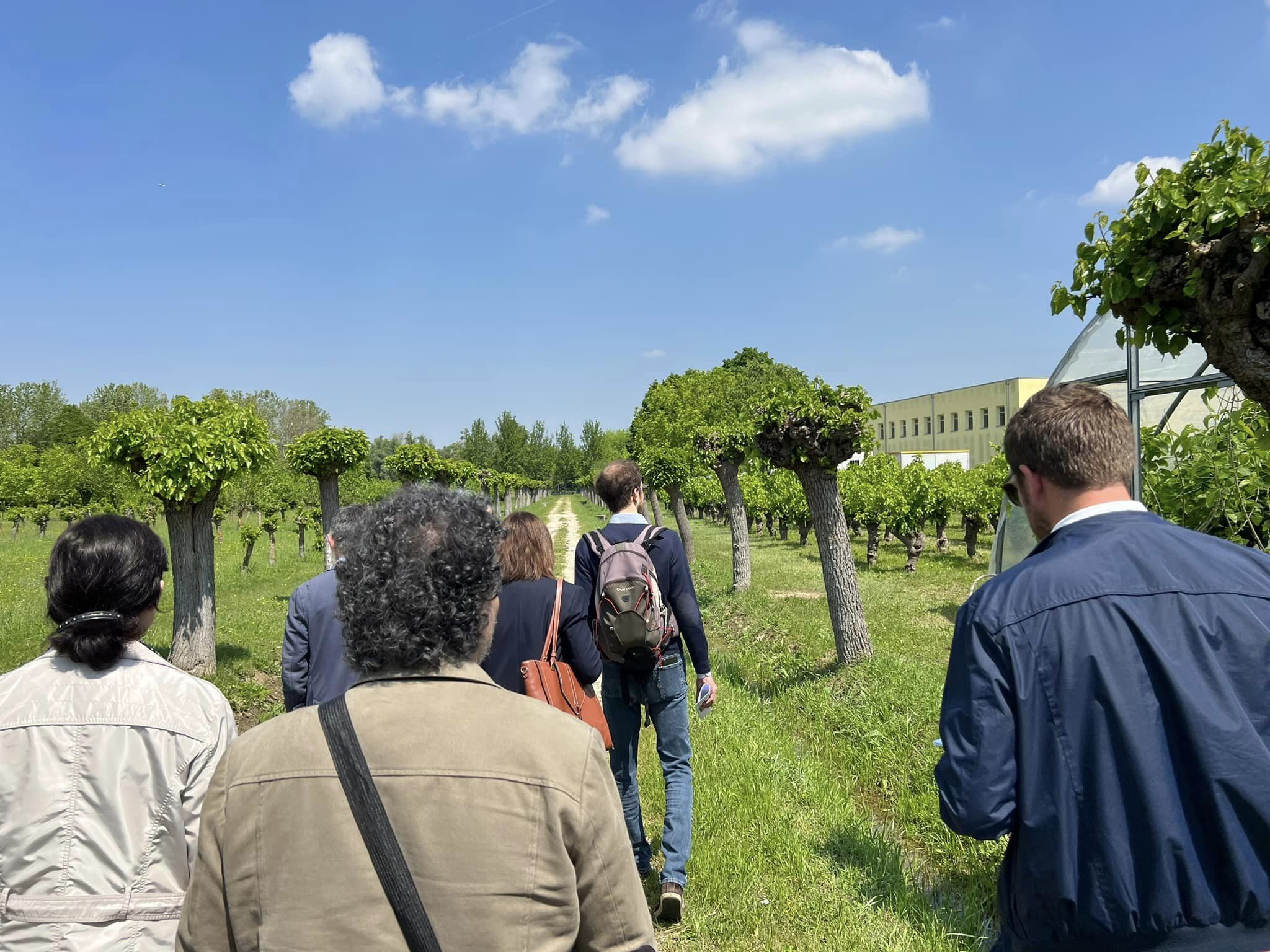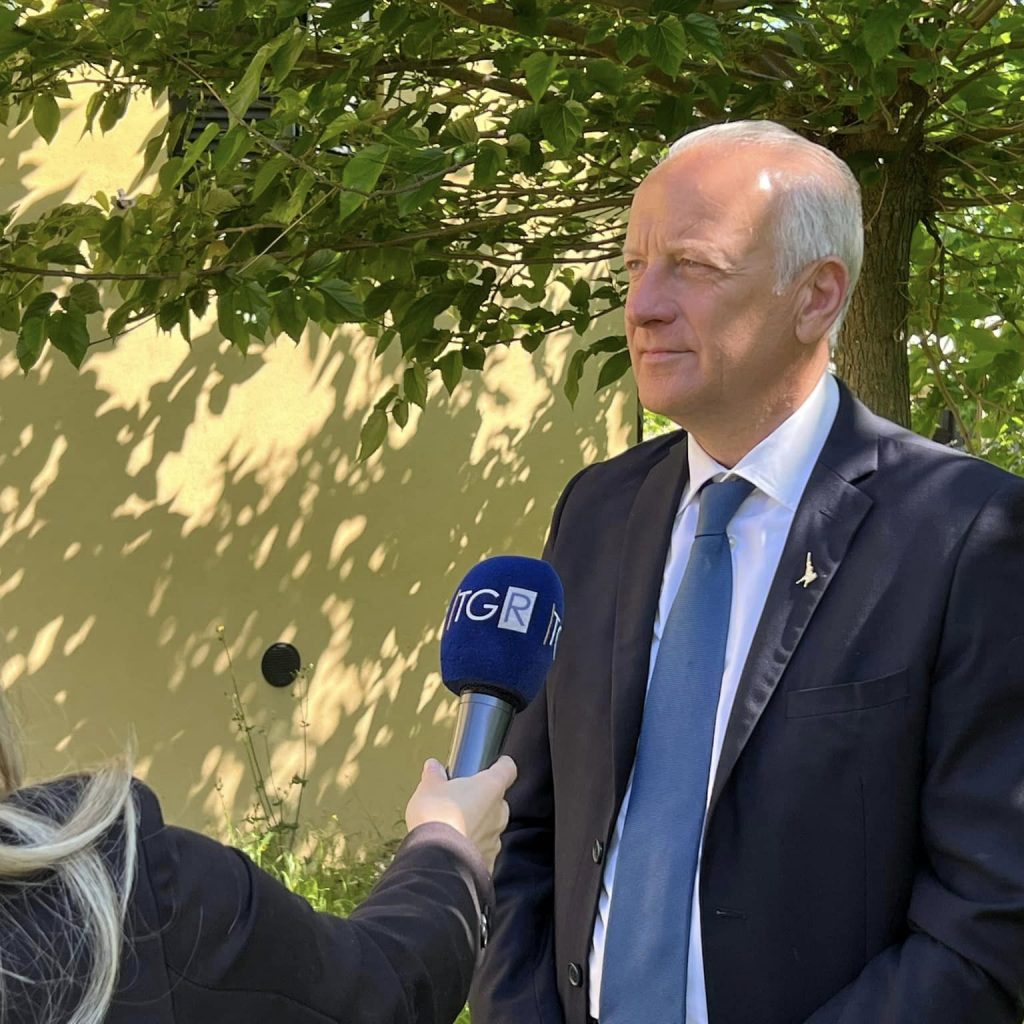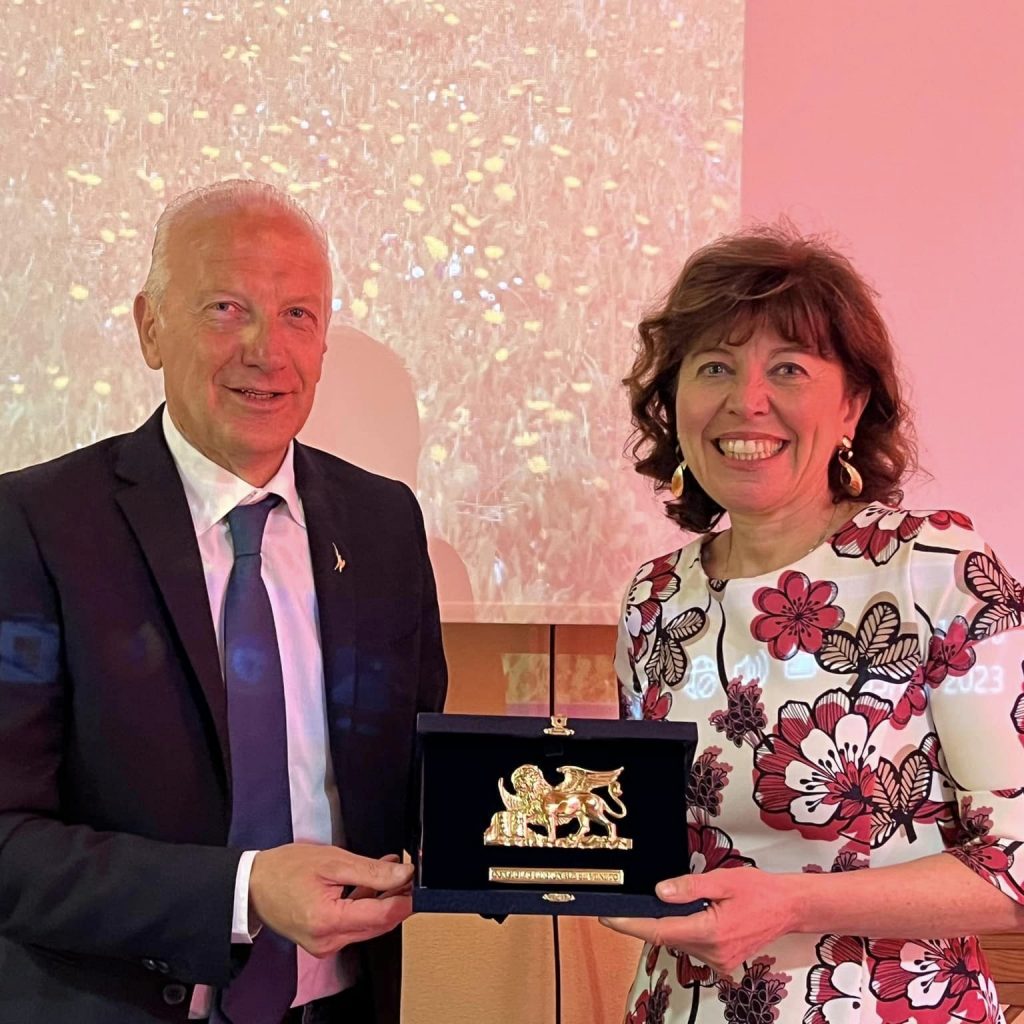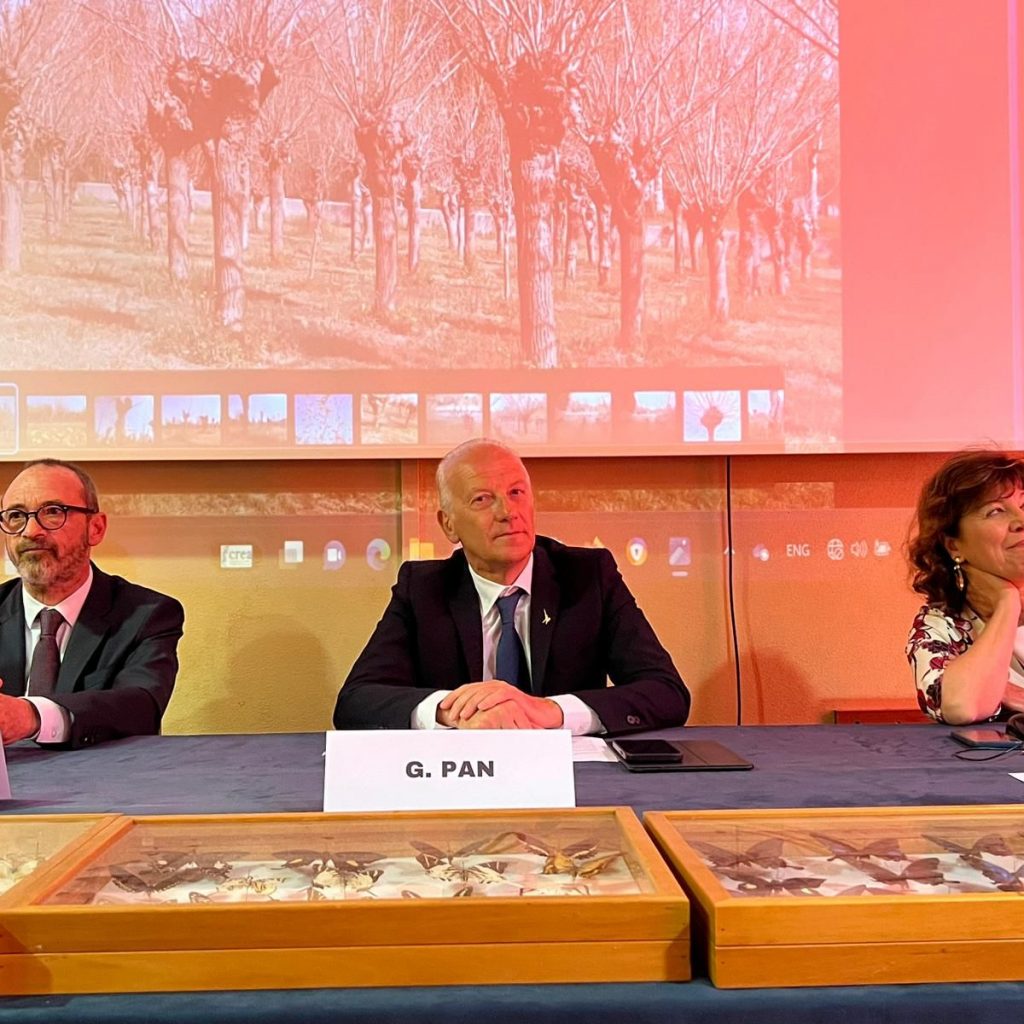Thanks to the joint work of Councillor Giuseppe Pan (Veneto Region), dr. Silvia Cappellozza (CREA – Centro Agricoltura e Ambiente, Sericulture Laboratory of Padua) and prof. Lucio Montecchio, forest pathologist (University of Padua), the draft law presented last May at the Esapolis Museum has been approved. The law, which consists of 8 articles, aims to safeguard the mulberry tree in the context of environmental sustainability policies and the protection of the arboreal heritage of the Veneto region, with measures to support, develop and modernise mulberry cultivation. The law also aims to stimulate a new professionalism by promoting the training of secondary school students with an agricultural or forestry vocation, involving them in the identification and registration of the characteristics of local mulberry plants, in collaboration with the activity promoted by the European project Aracne, of which CREA is the lead partner.
The legislative proposal addresses various aspects: environmental, cultural, historical, landscape, gastronomic and tourist. In this way, the conditions are created for the recovery of the mulberry-silk chain, also for dissemination and museum purposes, which is an activity to stimulate the communities of the territories, as envisaged in the Aracne project. Furthermore, this operation aims to promote the attractiveness of our territory to tourists, by contributing to the conservation and development of our landscape and culture.
This law is the first step towards the creation of a genuine regional tourist and cultural itinerary called “Via della Seta Veneta”, which, as a result of the work of the Aracne project, will constitute an initial part of the European Silk Route. The aim is to promote the forestry profession by involving it in the identification and registration of the characteristics of the local mulberry plants, in collaboration with the activity promoted by the European Aracne Project, of which CREA is the leader. The work between the Aracne project partners and regional, national and supranational authorities is an integral part of the Aracne project programme.
